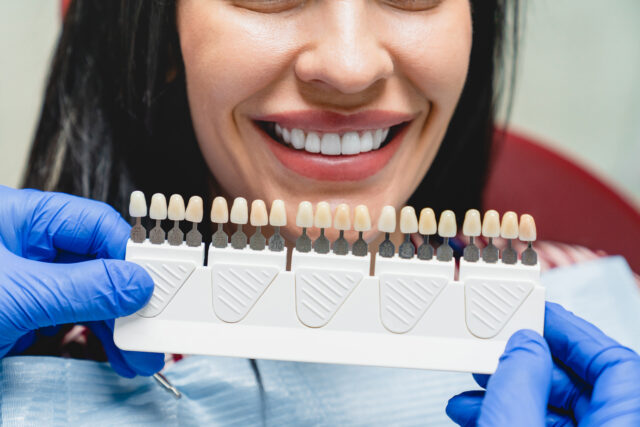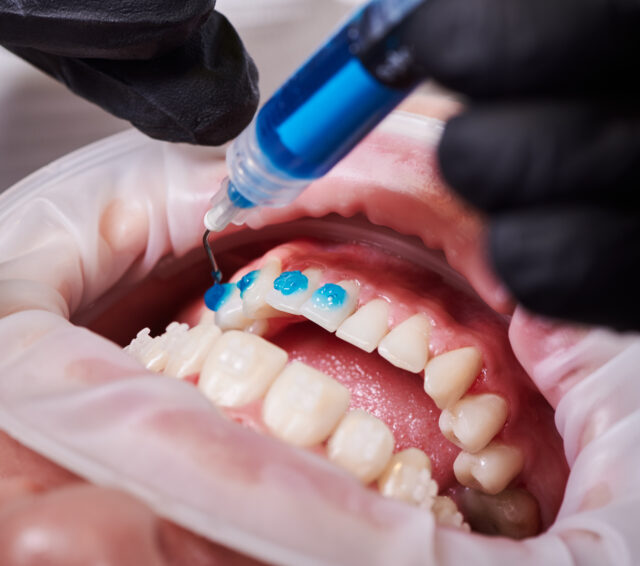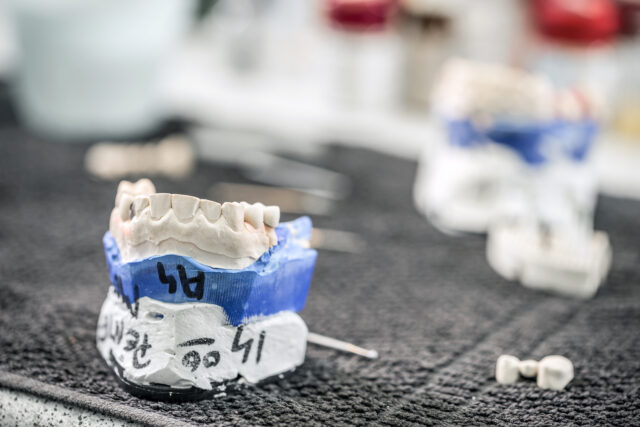When it comes to achieving a brighter, more even smile, composite bonding is one of the most commonly searched dental procedures. It’s often advertised as a quick and affordable way to correct minor imperfections such as chips, gaps, or discoloration. But is it truly the right solution for everyone?
At Esnan Dental Clinics in Istanbul, our goal is to help every patient make informed choices about their smile. While composite bonding may sound appealing at first, it’s important to understand its advantages, limitations, and long-term results before deciding.
- 1 What Is Composite Bonding?
- 2 The Pros and Cons of Composite Bonding
- 3 Why Esnan Dental Clinics Does Not Recommend Composite Bonding
- 4 Better Alternatives to Composite Bonding
- 5 Book a Consultation at Esnan Dental Clinics in Istanbul
- 5.1 Latest Blogs
- 5.1.0.1 Sports Dentistry: Protecting Your Smile During Athletic Performance
- 5.1.0.2 Dental Erosion: A Comprehensive Guide to Causes, Symptoms, and Modern Treatments
- 5.1.0.3 Millie Bobby Brown Teeth: The Natural Glow-Up of a Gen Z Icon
- 5.1.0.4 Cardi B Teeth: The Iconic Dental Transformation of a Superstar
- 5.1 Latest Blogs
What Is Composite Bonding?
Composite bonding (also known as dental bonding) involves applying a tooth-colored resin material to the surface of the teeth. The resin is shaped to improve the tooth’s appearance and hardened with a special curing light.
It’s often used to:
- Repair chipped or cracked teeth
- Close small gaps between teeth
- Improve tooth shape or length
- Cover mild discoloration
Because the procedure is minimally invasive, it can often be done in a single visit, making it attractive for patients looking for fast results.

The Pros and Cons of Composite Bonding
Like any dental procedure, composite bonding has both benefits and drawbacks.
Advantages:
- Quick, painless, and non-invasive
- More affordable than porcelain veneers or crowns
- Can improve aesthetics immediately
Disadvantages:
- Less durable than porcelain veneers or crowns
- Prone to staining and discoloration over time
- Can chip or wear down faster, especially with frequent biting or grinding
- May require frequent touch-ups or replacements
At Esnan Dental Clinics, we prioritize long-lasting, natural, and aesthetic results, which is why we often recommend more durable alternatives like veneers, zirconia crowns, and smile design treatments for patients seeking a lasting smile transformation.

Why Esnan Dental Clinics Does Not Recommend Composite Bonding
While composite bonding can be a suitable short-term cosmetic solution, it often falls short in strength, longevity, and overall appearance compared to more advanced treatments.
Here’s why our dental experts typically do not recommend composite bonding:
- Limited durability — Bonding material can chip or wear down within a few years.
- Color instability — Resin tends to discolor more quickly, especially for patients who drink coffee, tea, or smoke.
- Aesthetic mismatch — Composite materials can lose their natural shine and texture over time.
- Higher maintenance — Patients often need repairs or replacements more frequently than with veneers or crowns.
At Esnan Dental Clinics, we focus on long-term smile solutions that combine beauty, strength, and stability. Our specialists in cosmetic dentistry, digital smile design, and porcelain veneers in Istanbul create results that look natural and last for many years, giving you confidence that goes beyond temporary fixes.
Better Alternatives to Composite Bonding
If you’re considering improving your smile, here are some recommended alternatives that provide better results and durability:
- Veneers: Custom-made thin shells that cover the front of your teeth, providing long-lasting, stain-resistant beauty.
- Zirconia Crowns: Extremely durable and natural-looking, ideal for restoring both function and aesthetics.
Each option is tailored to your facial features, bite, and aesthetic goals, ensuring that your new smile looks as natural as it feels.

Book a Consultation at Esnan Dental Clinics in Istanbul
If you’re researching composite bonding in Istanbul, we encourage you to visit Esnan Dental Clinics for a comprehensive smile evaluation. Our expert dentists will explain all available options and guide you toward the most effective, long-lasting solution for your teeth.
Located in the heart of Istanbul, we provide world-class dental care and advanced cosmetic treatments to help you achieve the confident smile you’ve always wanted.
At Esnan Dental Clinics, your smile deserves the best, not just a quick fix.








